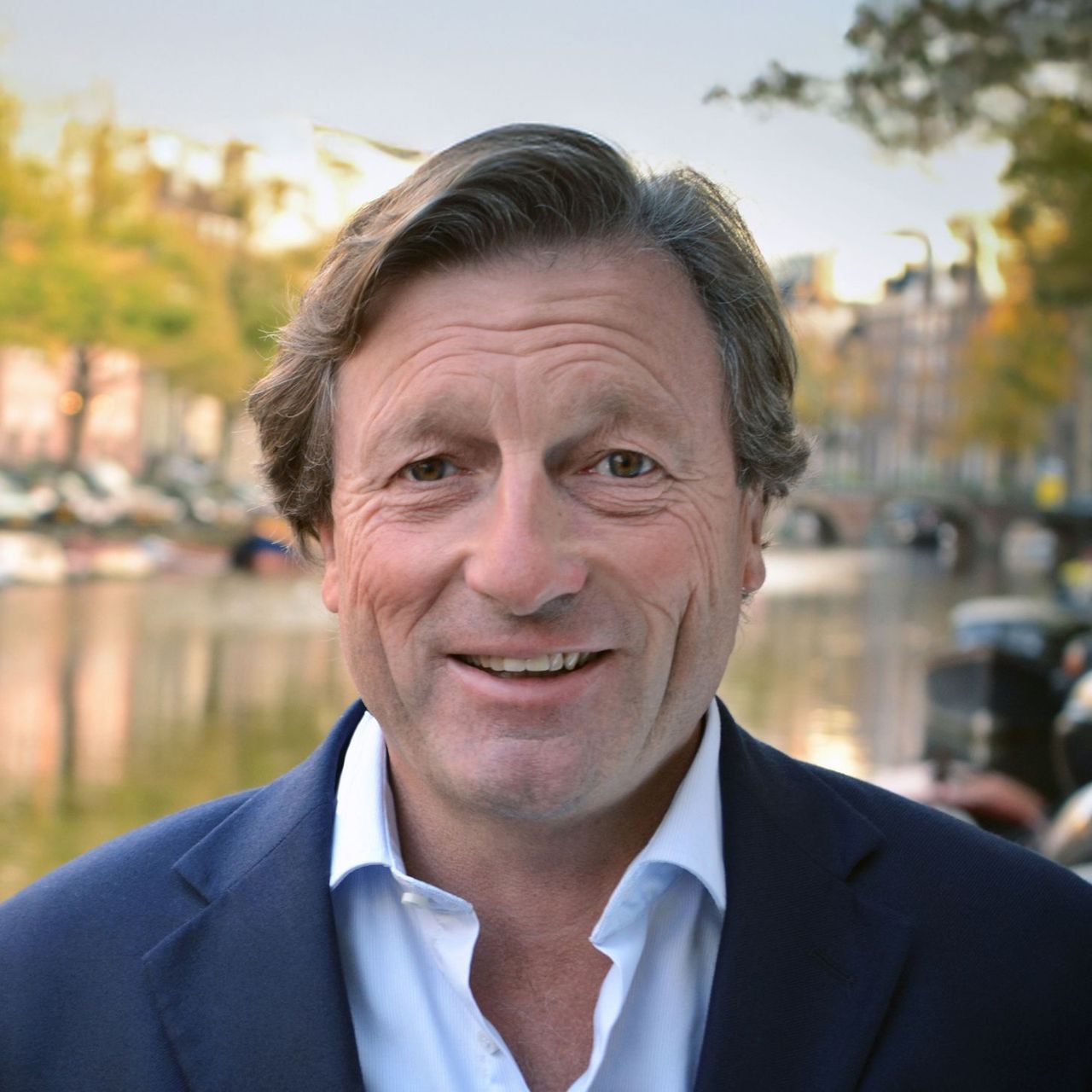Driving the transition to a new economy
We help businesses, cities, and nations thrive in the circular economy so they can stay competitive, build resilience, and create lasting value.
What we do
At Circle Economy, we provide data-driven assessments to track progress towards a circular economy. We turn these insights into action by developing tailored strategies and supporting implementation through consulting and advisory services. To scale our impact, we build capacity across sectors with tailored training programmes and digital learning tools.
Who we are
Circle Economy is a global impact organisation, founded in 2011 by Robert-Jan van Ogtrop in Amsterdam. Today, we are an international team of 60+ experts helping businesses, cities, and nations seize new opportunities, reduce costs, create jobs, and drive behavioural change.
Our flagship Circularity Gap Report (CGR®) sets the global benchmark for measuring circular progress. We also manage the world’s largest circularity database, encompassing over 90 nations, 350 cities, and 1,000 businesses. This evidence base powers practical tools and strategies that guide the transition towards a more regenerative, resilient economy.
‘It is time to use our collective intelligence to redesign our way of working before we reach a point of no return. At Circle Economy, we look to nature for inspiration since it is, in itself, a perfect circle’.
Our people
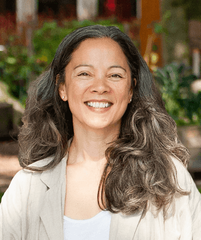
Ivonne Bojoh
CEO
With over 25 years of experience building and scaling organisations across Europe and Southeast Asia, Ivonne is dedicated to tackling global environmental and societal challenges.
Since 2020, she has focused on enabling a socially just transition to an economy in which both people and the planet thrive. Ivonne’s ambition is to transform 10,000 companies, 1,000 cities, and 100 nations, turning circular theory into impactful action.
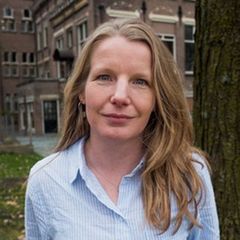
Hilde van Duijn
Managing Director, Circle Economy Foundation
Hilde van Duijn leads the Circle Economy Foundation in accelerating the global transition to a circular economy. With 20 years of experience in sustainability, policy, and strategy, she’s an expert in driving systems change through multi-stakeholder collaboration.
Before joining Circle Economy, Hilde spearheaded impact initiatives in the textiles and cotton sectors, advised governments and international organisations, and forged cross-industry partnerships worldwide.
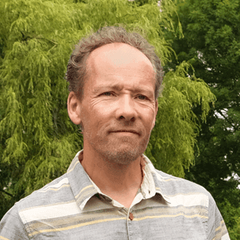
Ernout Van Koten
Head of Finance and Legal
Ernout van Koten draws on decades of leadership in finance, global operations, and sustainability to help drive the transition to a circular economy. Known for his strategic mindset and people-first approach, Ernout plays a key role in aligning financial performance with long-term impact.
With over 25 years of experience at Shell, he brings expertise in financial strategy, risk management, and complex supply chain transformation. He combines a technical foundation from TU Delft with an executive MBA from London Business School.
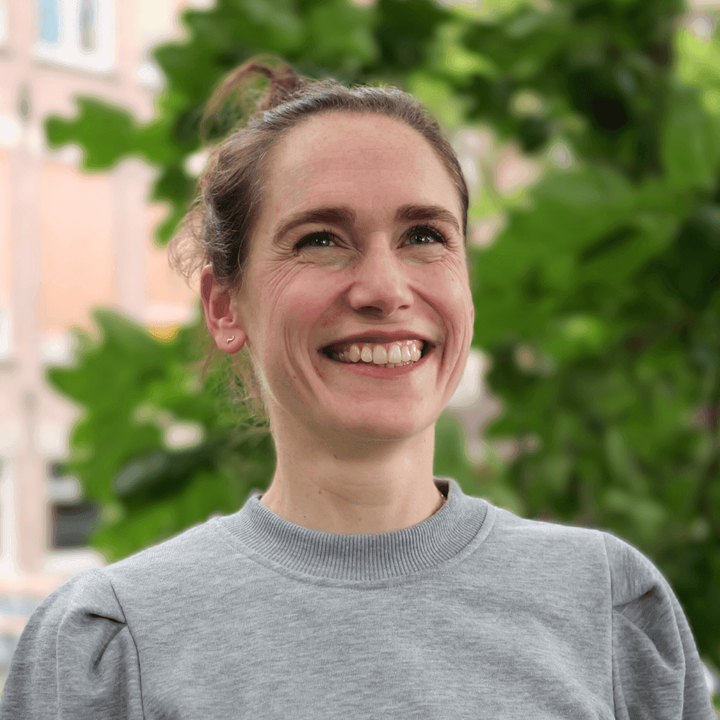
Lieke Pijpers
Managing Director, Circularity Gap Solutions
Lieke Pijpers leads practical strategy development at Circle Economy, helping accelerate the global shift to a circular economy. She brings a creative, solutions-focused mindset to one of today’s most urgent challenges.
With over 15 years of experience launching and scaling impact-driven ventures, Lieke combines expertise in product development, tech, and circular business models with strong leadership and entrepreneurial drive.

Tamara Veldboer
Director, Circle Economy Consulting
Tamara is a strategist, consultant, and creative systems thinker with a passion for driving sustainable transformation. As Director at Circle Economy Consulting, she combines deep expertise in circularity and business to guide organisations on their circular journey—inspired by people, driven by data.
Her work focuses on translating complex challenges into practical strategies that accelerate the transition to a circular economy. Tamara’s core interests include hospitality, tourism and travel, consumerism, food systems, behavioural change, and leadership, always through the lens of sustainability and systems change.
We’re a passionate, international team of 60+ people, united by a shared mission: doubling global circularity by 2032. Guided by our core values—collaboration, transformation, belonging, and courage—we work across sectors and geographies to drive real-world impact.
Working with us means being part of a purpose-driven, values-led environment where your ideas and expertise help shape systems change. You'll collaborate with change makers from around the world, contribute to cutting-edge projects, and help build a more regenerative, resilient future.
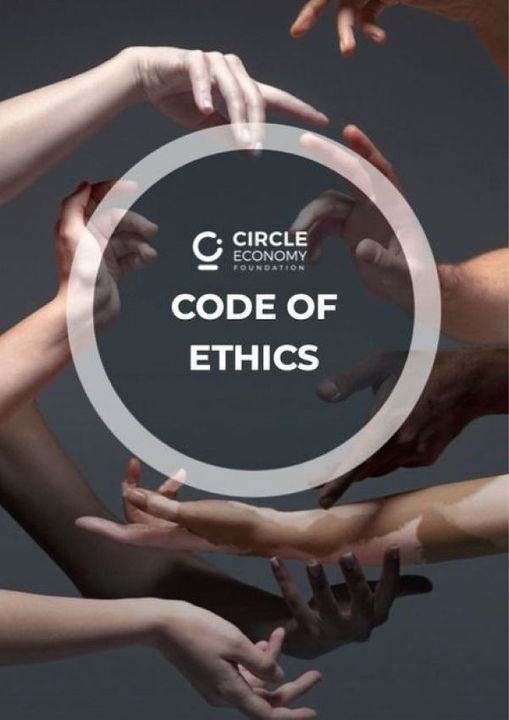
Code of ethics
Circle Economy’s Code of Ethics acts as the organisation’s constitution. Its purpose is to provide wide-ranging and non-specific guidance to influence decision-making, enable employees to make appropriate decisions and engage in acceptable behaviour that supports our mission.
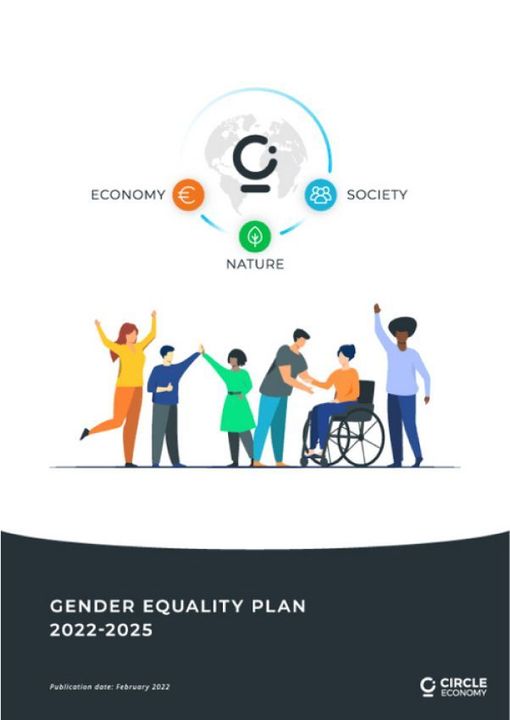
Gender equality plan
Equality of opportunity is an integral value to Circle Economy to ensure fair access and equity for all of its employees. That is why Circle Economy does not tolerate any discrimination based on gender, religion, sexual orientation, nationality and ethnicity.
